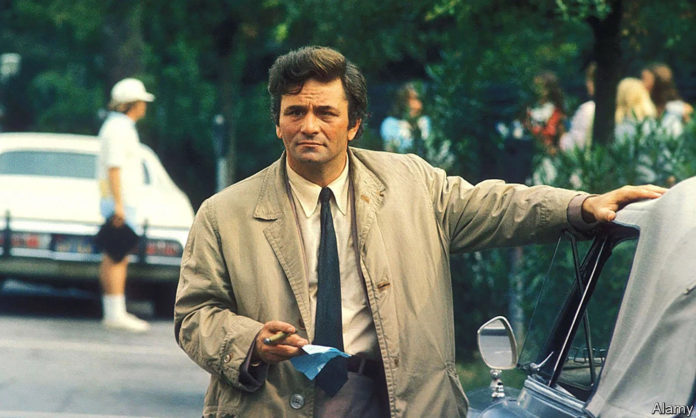In a post on Writer Unboxed, Kathleen McCleary says adding recognizable quirks can help you create interesting and memorable characters. “We all have our peculiarities; the habits and superstitions and likes and dislikes and fears and fondnesses that make us unique,” she says. “So too, with the characters we create. Quirks are one of the most essential aspects of creating characters who feel real and relatable.”
When you add these traits to your characters, McCleary suggests you consider:
- Whether the quirks are essential to your story. In addition to differentiating her personality, does the quirk drive the story in some way? Sometimes a characteristic that makes us weird also helps us meet or solve certain problems.
- Why the character has this idiosyncrasy. Did something in your character’s history lead to him developing this habit or eccentricity? How do other characters view this trait? Does it reveal something about your character’s mood, hidden emotion, or secret?
- Whether the character uses their eccentricities purposefully. “Sometimes, people are aware of their own quirks, and use them to charm or unnerve others,” McCleary says. On TV, the detective Columbo famously used his disheveled appearance and rambling talking style to put suspects off their guard.












